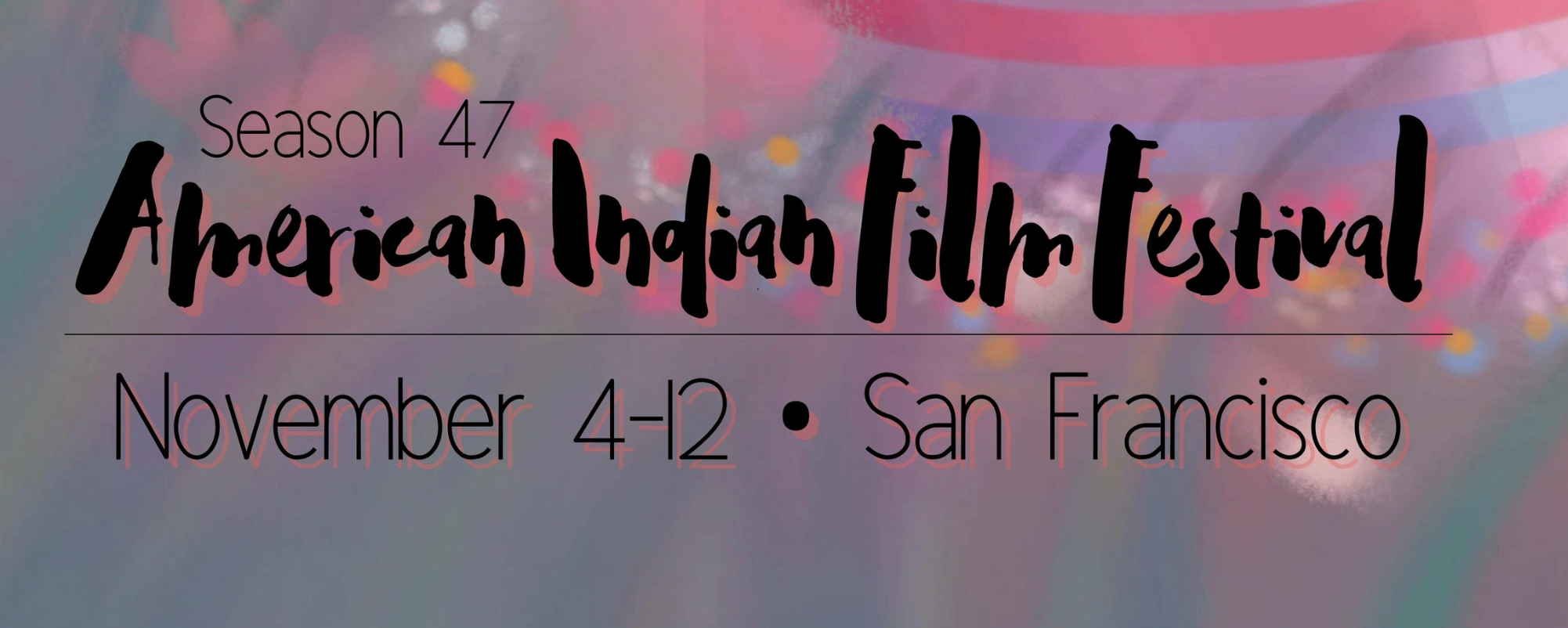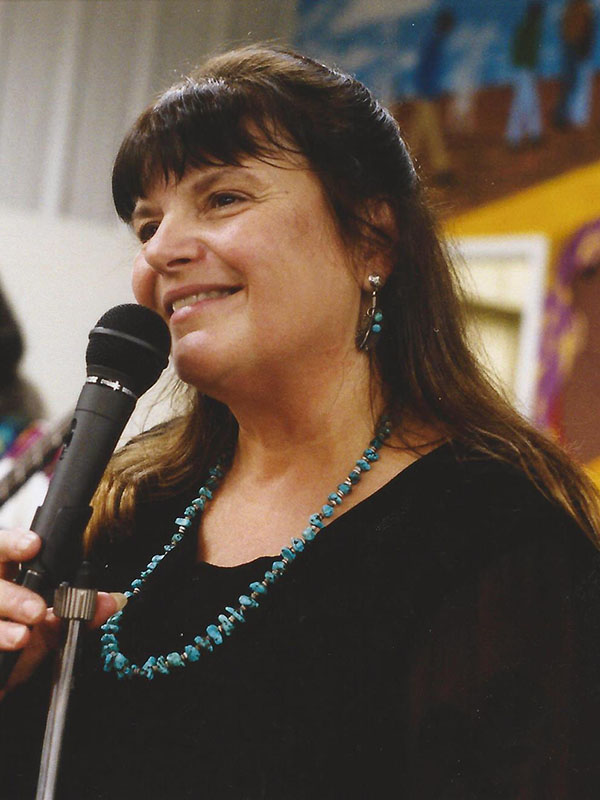
- Details
- By Nanette Deetz
This film festival began in 1975 in Seattle before moving to the Bay Area in 1977. After the passing of director and AIFF founder Michael Smith (Fort Peck Sioux), his daughter Mytia Zavala (Fort Peck Sioux/Laguna Pueblo/Navajo/Grand Ronde) continues the festival's vision and mission in her father's honor.
"It was important for me to come back strong after two years of virtual programs," Zavala said. "We have a lot of content this year, and I wanted to make it as easy as possible for audiences to view these films. I wanted to do as much as I could for our Native American community and our film community to educate, inspire, and bring awareness about what is important now across Indian country."
This year, AIFF offers more than 70 films and 17 programs — 13 of which are free for the community.
"We have worked with the San Francisco Public Library to make sure films can be seen by our Native community without cost," Zavala said.
Films will be shown at venues across San Francisco at the Letterman Digital Arts Center, The Southside Theater in Fort Mason, the SOMA Arts Cultural Center, and the Koret Auditorium at the San Francisco Public Library.
This year's film festival includes full-length feature films, documentary features, documentary shorts, live shorts, animated shorts, and music videos. Special events during the festival include a panel on creating films to create social change; and a fundraiser featuring noted chef Crystal Wahpepah, owner of Oakland, California's Wahpepah's Kitchen.
This year's festival poster is titled "Red Dreaming on the Red Road" by digital artist Chelsea Smith of the Bois Forte Band of Chippewa.
"This is also the first year in our festival's history that we have chosen a woman as our official artist for the poster, program cover, t-shirts and other memorabilia," Zavala said. "We are very excited to share her art with our American Indian Film Festival this year."
Opening night (Nov.4) is presented by Lucas Films in the Letterman Digital Arts Center in SF's Presidio. The evening features a short film, "Unlord the Land," directed by Yvan Itrureaga and written by noted local author Tommy Orange (There There) and is about a native artist who makes a deal with his brother to flip an apartment building in rapidly gentrifying Oakland. "Long Line of Ladies" is a documentary short about a young Karuk girl preparing for her Ihuk coming-of-age ceremony. "Indian Land" is a retrospective of the 19-month occupation of Alcatraz Island by Indians of All Nations.
A program highlight is "Mother Earth," featuring a collection of films focusing on mother earth from traditional Native knowledge. One film from this series is "Native to Right Here: the plants, animals, and People of Tuushtak," and follows Berkeley, California's Cafe Ohlone founders Vincent Medina and Luis Trevino as they discuss Ohlone history, culture, and cuisine.
Tickets for the festival can be purchased here.
More Stories Like This
Watermark Art Center to Host “Minwaajimowinan — Good Stories” ExhibitionMuseums Alaska Awards More Than $200,000 to 12 Cultural Organizations Statewide
Zuni Youth Enrichment Project Takes Top Emerging Artist Apprentices to Phoenix for Artistic Exploration and Cultural Immersion
From Dishwasher to Award-Winning Chef: Laguna Pueblo's Josh Aragon Serves Up Albuquerque's Best Green Chile Stew
Rob Reiner's Final Work as Producer Appears to Address MMIP Crisis
Help us defend tribal sovereignty.
At Native News Online, our mission is rooted in telling the stories that strengthen sovereignty and uplift Indigenous voices — not just at year’s end, but every single day.
Because of your generosity last year, we were able to keep our reporters on the ground in tribal communities, at national gatherings and in the halls of Congress — covering the issues that matter most to Indian Country: sovereignty, culture, education, health and economic opportunity.
That support sustained us through a tough year in 2025. Now, as we look to the year ahead, we need your help right now to ensure warrior journalism remains strong — reporting that defends tribal sovereignty, amplifies Native truth, and holds power accountable.
 The stakes couldn't be higher. Your support keeps Native voices heard, Native stories told and Native sovereignty defended.
The stakes couldn't be higher. Your support keeps Native voices heard, Native stories told and Native sovereignty defended.
Stand with Warrior Journalism today.
Levi Rickert (Potawatomi), Editor & Publisher


